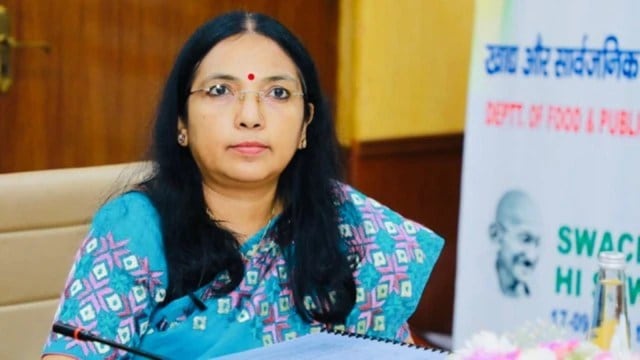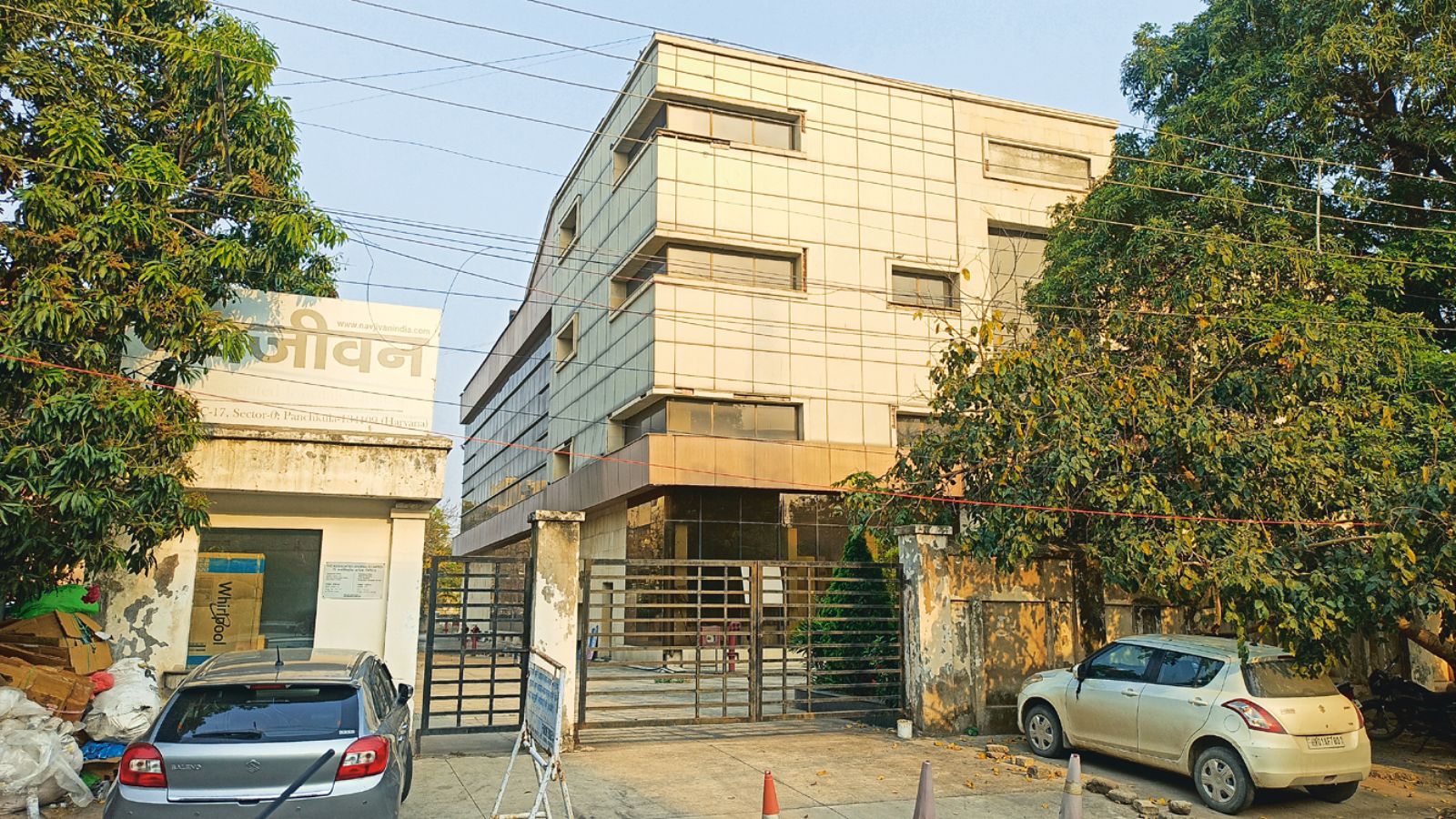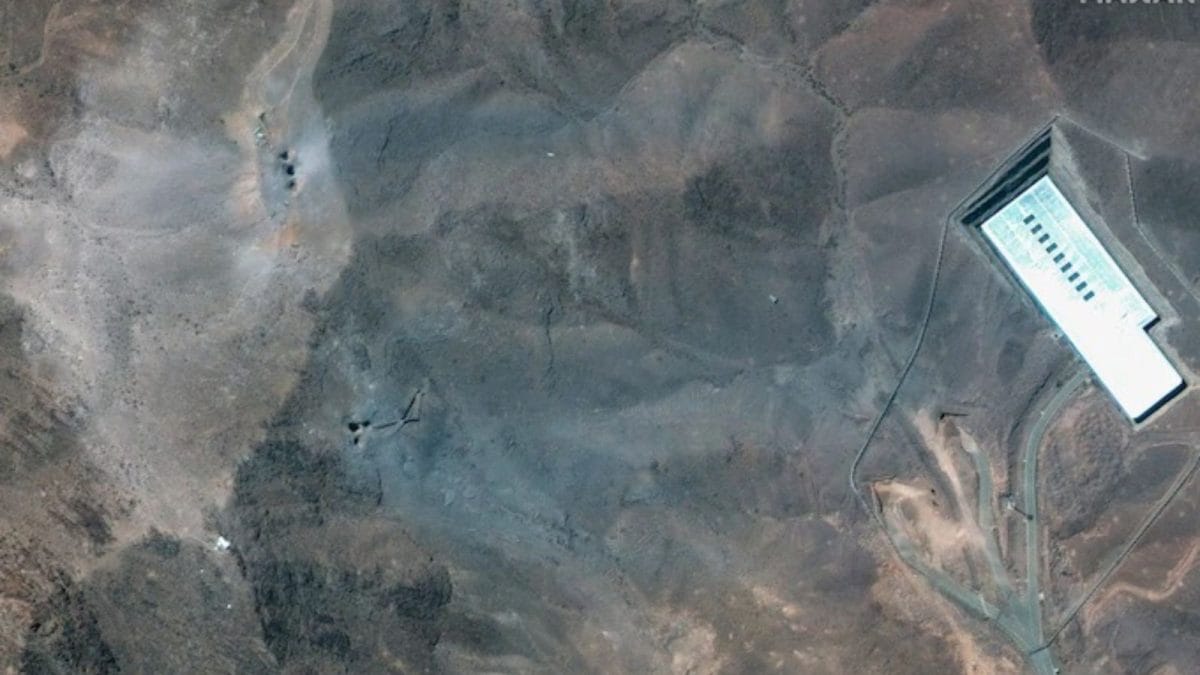ARTICLE AD BOX
 Nidhi Khare said that the campaign was launched as a pilot in two districts of Jharkhand last year and after encouraging results it is being extended to other states. (File photo)
Nidhi Khare said that the campaign was launched as a pilot in two districts of Jharkhand last year and after encouraging results it is being extended to other states. (File photo)
The Department of Consumer Affairs, which comes under the Ministry of Consumer Affairs, Food and Public Distribution and is responsible for monitoring prices of essential commodities, plans to promote cultivation of two pulses – arhar (tur) and urad– through seed distribution campaigns across a dozen districts in seven states, a top official said Thursday.
Consumer Affairs Secretary Nidhi Khare said that the promotion of arhar and urad cultivation through seed distribution campaigns would be carried out in the selected districts of Uttar Pradesh, Madhya Pradesh, Bihar, Jharkhand, Karnataka, Manipur and Tripura. For this, National Cooperative Consumer’s Federation of India Limited (NCCF), which comes under the ministry, has already begun preparations, she said.
Khare said that the campaign was launched as a pilot in two districts of Jharkhand last year and after encouraging results it is being extended to other states.
In the ongoing kharif season (2025), the arhar and urad cultivation will be promoted in Palamu, Latehar and Garhwa in Jharkhand; Mirzapur and Lalitpur in Uttar Pradesh; Gaya and Jehabad in Bihar; and Vijaypura in Karnataka. These districts have been identified on two criteria – first they are rainfed, and the second they have ‘Aspirational Blocks’ identified by the NITI Aayog.
Over Rs one crore will be spent on distribution of pulses seeds in these districts and the government will ensure 100 per cent procurement based on the Minimum Support Price (MSP) in these districts if the market prices go down, she said.
A report prepared by the NCCF on pilot conducted in two districts of Jharkhand shows that the seed distribution increased productivity.
“This initiative has significantly increased the income levels of the farmers by increasing the productivity by almost 40-50%. Also the farmers have observed the benefit of using the high-yielding variety of seeds. It highlights the successful efforts in boosting pulses production in the region and the positive impact on farmer profitability,” noted the report submitted to the department.
Story continues below this ad
India is dependent on imports to meet its pulses demand. It imports about a dozen pulses from different countries. In 2023-24, India’s pulses imports rose to a record high of 47.38 lakh tonnes, almost double of 24.96 lakh tonnes in 2022-23.
The government has hiked the MSP for pulses in recent years. For the kharif marketing season 2025-26, the MSPs of arhar and urad have been fixed at `8,000 per quintal and `7,800 per quintal, respectively.



.png)
.png)
.png)
























 English (US) ·
English (US) ·